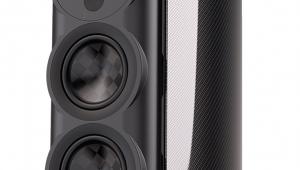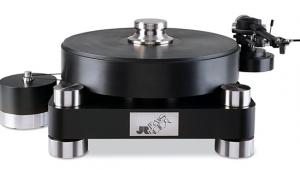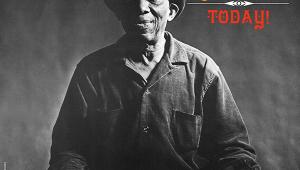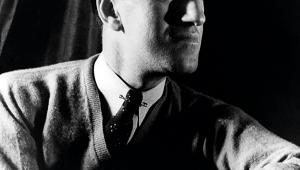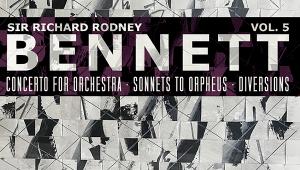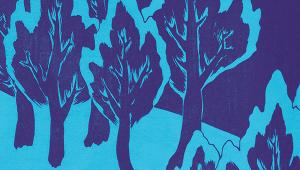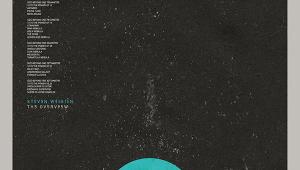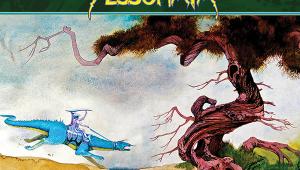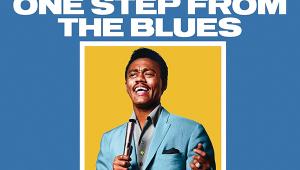The Police: Outlandos d'Amour Page 2
One of the factors that separated The Police from their peers was their adeptness at mixing-up rock and reggae. History is littered with rock groups making ham-fisted attempts at reggae. Punk bands had an affiliation with the West Indian music and The Clash approached it with varying degrees of success. But their 1977 version of Junior Murvin's 'Police And Thieves' sounded stiff indeed.
Sounds Like Marley's
Where The Police excelled is that they could play it well and with the right feel – drummer Stewart Copeland especially – and they even picked up some approving nods from reggae musicians. And if Sting's light, high-pitched voice had sounded strained on the 'Fall Out' single, he then came into his own performing this newly written material.
'Next To You' starts off as an urgent rock song but segues seamlessly into reggae sections. Sting explained at the time this was part of British musical culture and as Bob Marley had an English father he felt comfortable approaching that music. His vocal style became a unique mix of Geordie vowels and phrasing at times sounding uncannily close to Marley.
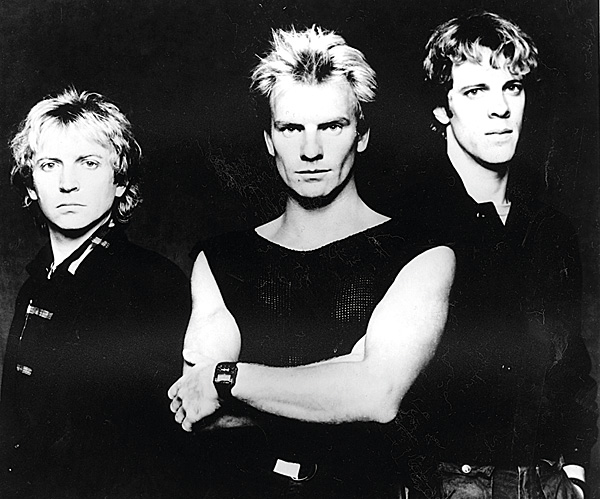
When The Police started sessions for their debut album Sting recalls being excited and inspired by what they were creating and would drive back from all-night sessions to his flat in Bayswater improvising lyrics, and on waking in the afternoon he would start to piece the ideas together. These were a mix of personal material like 'Hole In My Life' and 'So Lonely' and character-based songs like 'Roxanne', a tale of a man who falls in love with a sex worker (which had been inspired by his stay in a hotel in the red light district of Paris) and the dark tragi-comic scenario of the jilted lover taking his own life, 'Can't Stand Losing You'.
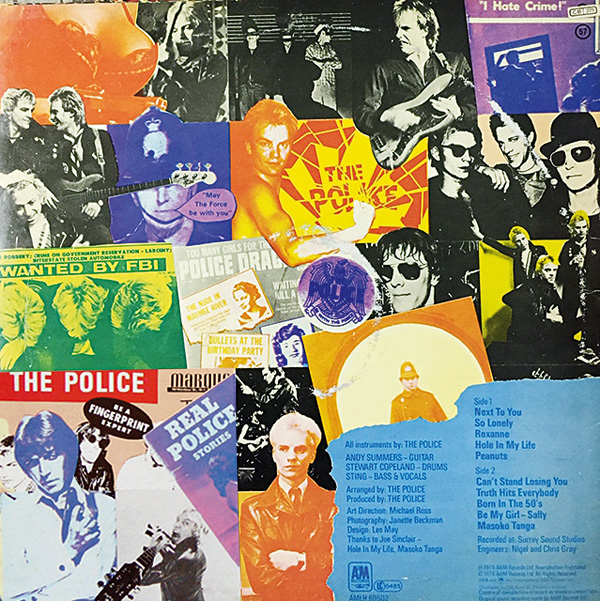
Miles Copeland lent The Police £1500 to record the album, but he had been critical of their music to the extent that when he dropped into Surrey Sound Studios in Leatherhead, they tried to avoid playing him the 'Roxanne' tape. 'The band didn't think I would like it because it was really not a punk song, it was kind of a ballad', Miles told Radio 2's Johnnie Walker in 2021. 'The next thing I know I am listening to "Roxanne" and I thought, "this is unique".'
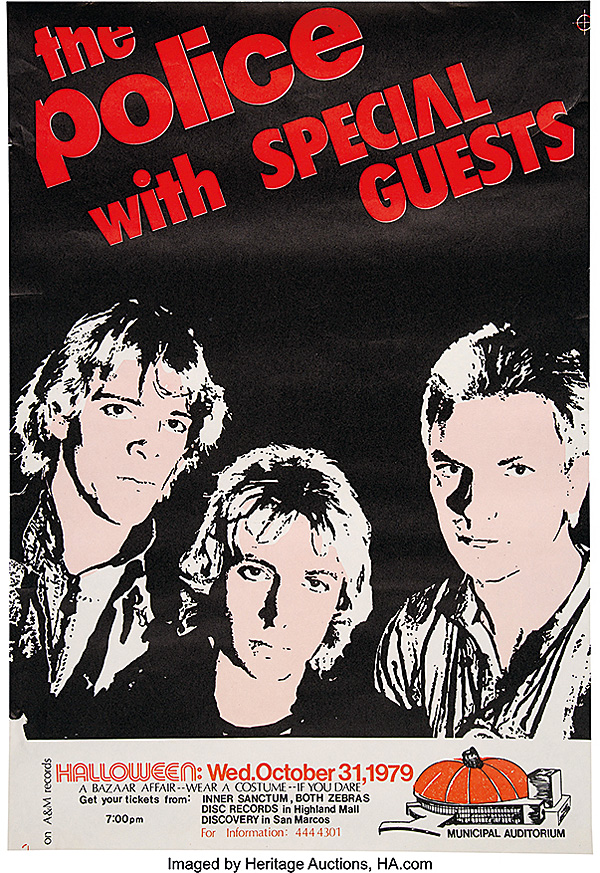
He became the band's manager and landed them a deal with A&M Records in March 1978 initially just for 'Roxanne' as a single, and then for 'Can't Stand Losing You', both released ahead of the album. Copeland got A&M to agree to release the album, but didn't ask for an advance and presented it as a risk-free investment.
Chart Success
Initially he had wanted to call the album Police Brutality, a perfect punk title, but now he was managing a blonde triumvirate with a potential pin-up lead singer who were clearly starting to overlap with the world of pop, and he wanted something sexier, so he came up with Outlandos d'Amour (derived from 'outlaws' and 'commandos').
Reviewing the album in Sounds, Phil Sutcliffe wrote: 'They began rather like The Vibrators, older musicians inspired by the energy of punk. Their initial efforts to peel away the sophistication of their hard-earned skills were fairly uncomfortable'. But overall he was impressed, concluding, 'These guys have got ideas and a future'.
Writing in NME, Paul Morley said, 'The Police achieve as much dynamic energy as The Clash and the same poetic intensity of The Jam even if they are twice as studied'. But he reckoned they had, 'No ambition and too much complacency'.
If only he could have forseen the events of the next six years. As it was, although Outlandos d'Amour gained mixed reviews, it charted in the UK at No 6 and No 23 in the US. And as Copeland had not asked A&M for an advance, he had negotiated an enhanced royalty rate – a very wise business decision indeed.







